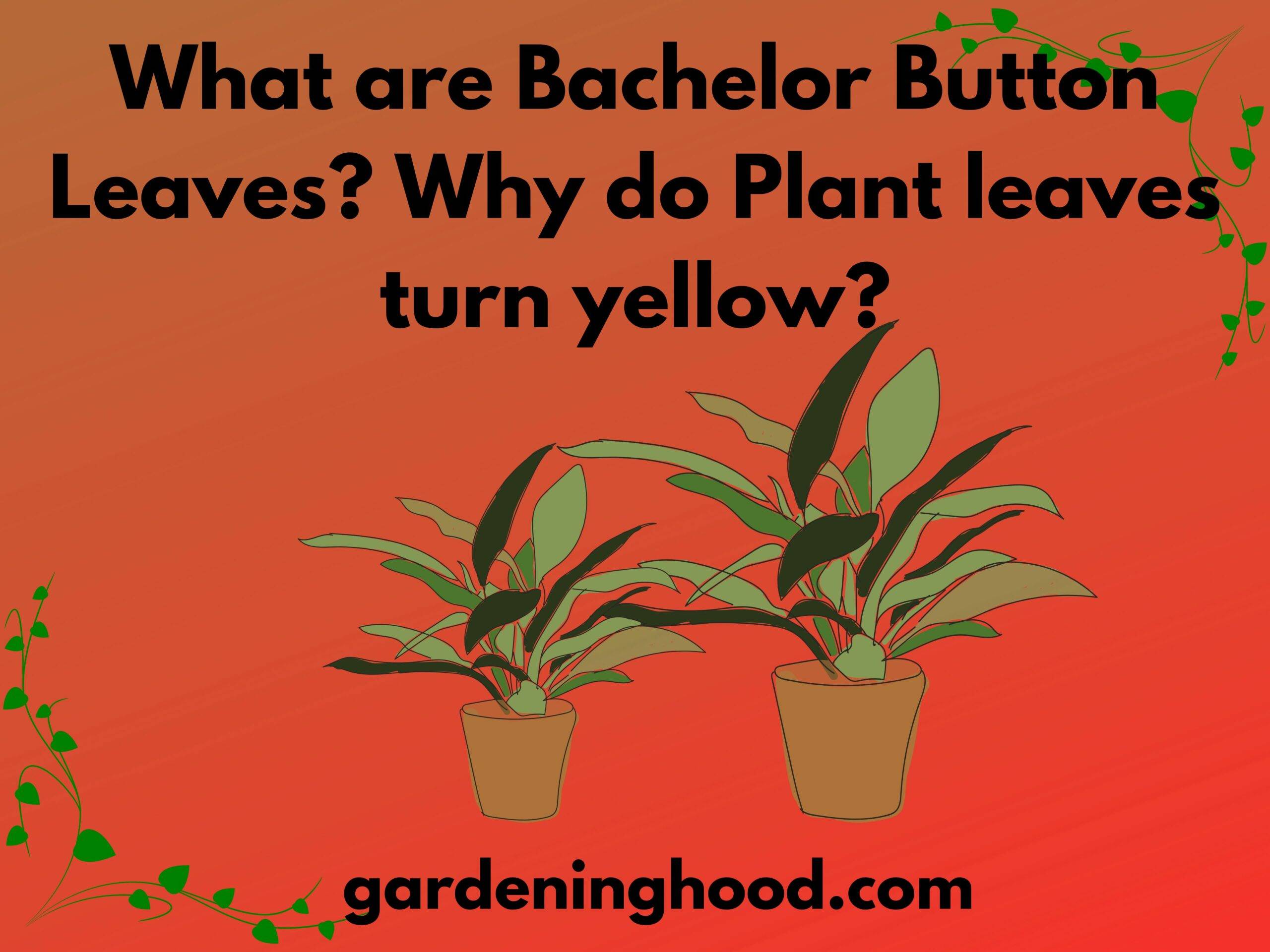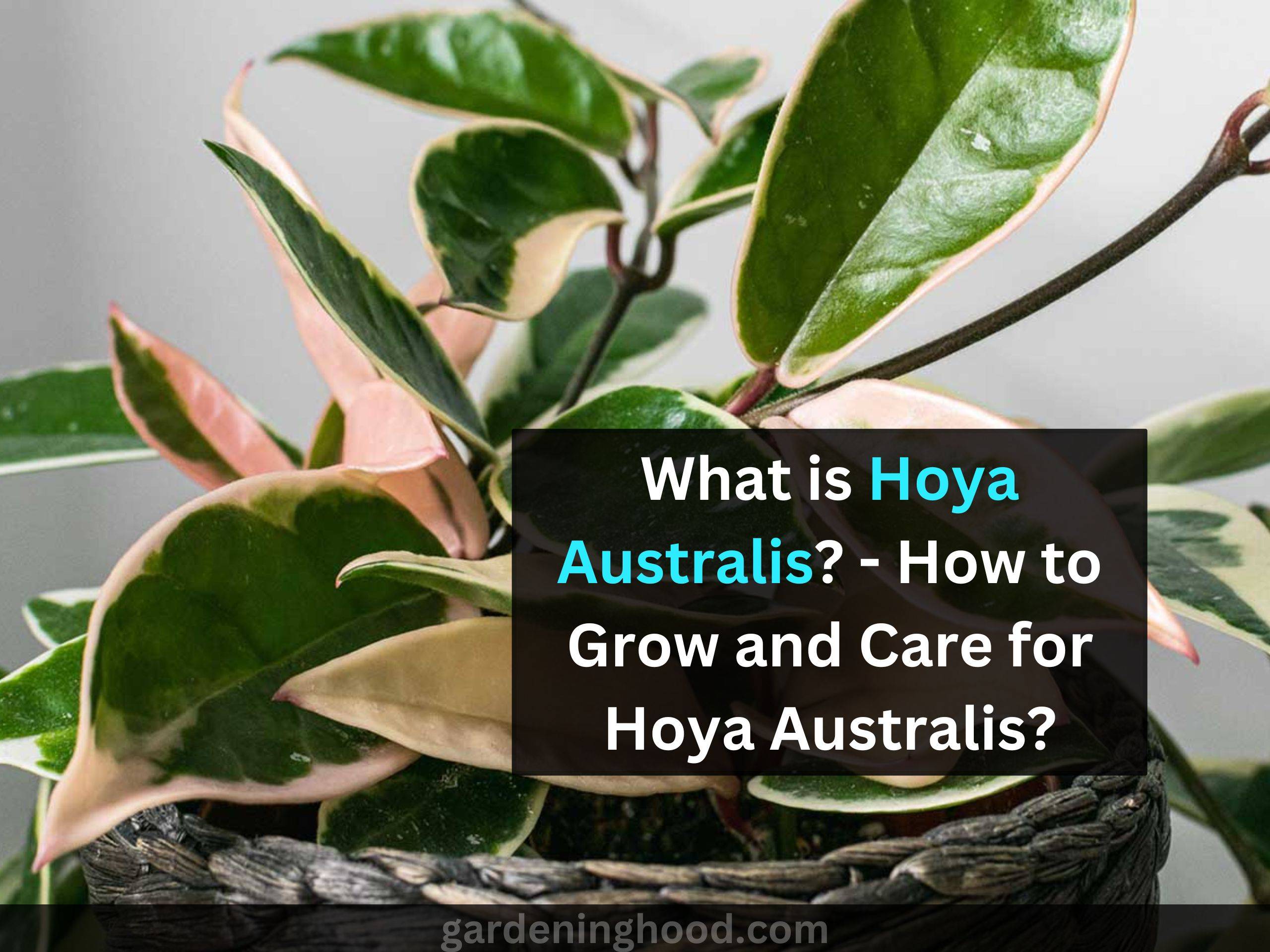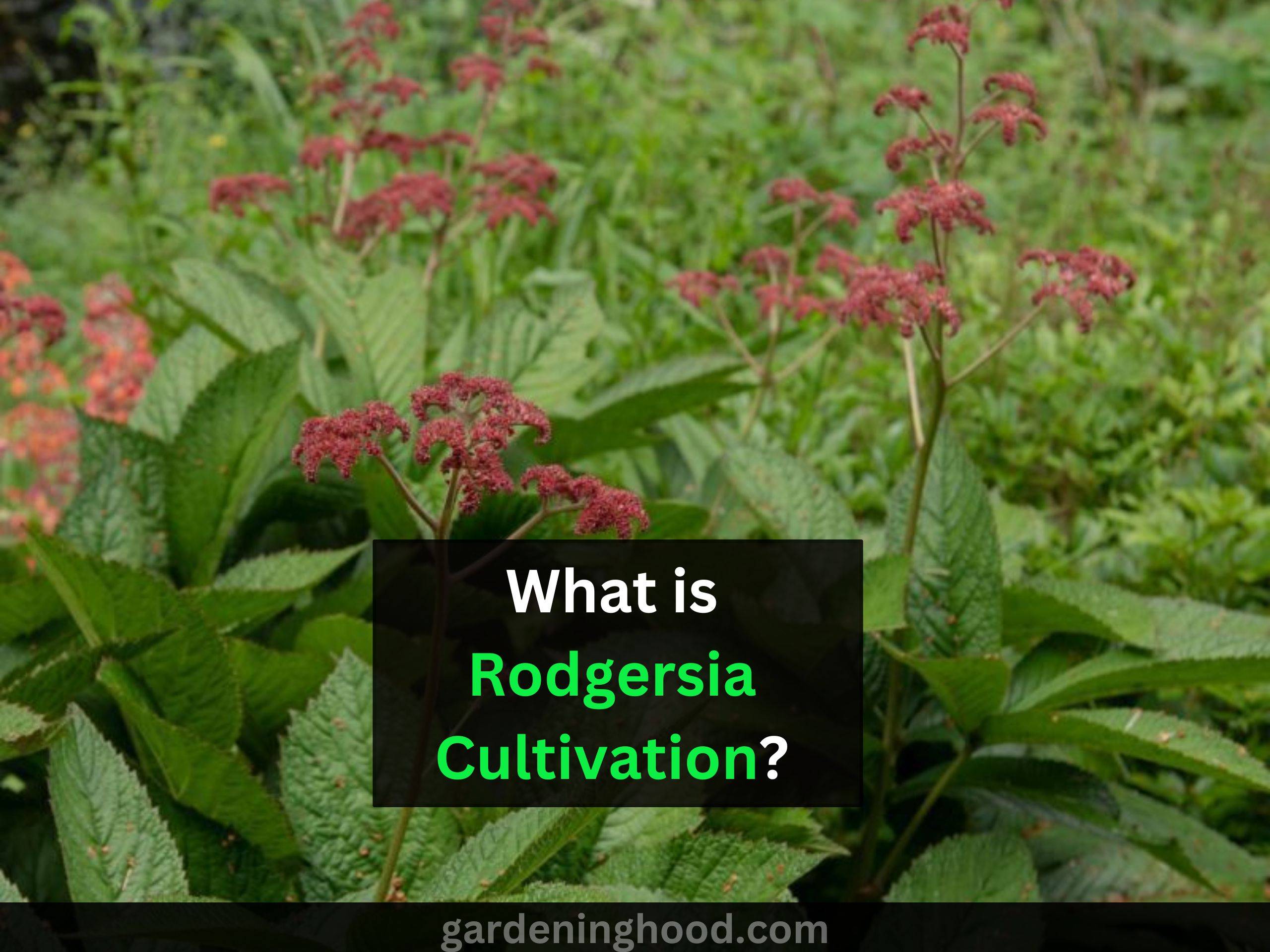What are Heirloom Seeds? (Facts about Heirloom, Open-Pollinated, and Hybrid Seeds)
Hey folks! Welcome back!
I hope you are doing great in your gardening field. Today I am here to let know What are Heirloom Seeds? Let’s know some amazing facts about Heirloom, Open-Pollinated, and Hybrid Seeds.
The decision between open-pollinated, hybrid, and heirloom seed kinds is one of the more crucial ones any gardener must make. Depending on the needs, interests, and values of the grower, each of these seed varieties has something to offer.
Quick takeaways:
- Heirloom tomatoes, radishes, basil, kale, brussels sprouts, turnips, eggplant, and cauliflower are among the popular heirloom vegetable seeds to grow. Nasturtium, marigold, zinnia, and morning glory are a few common heirloom flower seed varieties.
- Knowing the kind of plant you want to cultivate is not enough to choose the proper seeds for your garden. Depending on your particular needs, heirloom seeds, open-pollinated seeds, and hybrid seeds all have advantages and disadvantages.
- The most important difference between these types for seed preservation is that gardeners can save true-to-type seeds from heirloom and open-pollinated varieties but not hybrids.
What are Heirloom Seeds?
Open-pollinated seeds or plants passed down from one generation to the next are referred to as heirloom or heritage seeds. These seeds are typically at least 40–50 years old, are typically no longer sold in the commercial seed trade, and have been preserved and kept true in a specific area.
These ancient types have undoubtedly been preserved because they provide the home grower with some substantial benefits. Heirloom tomatoes are a classic example.
Heirloom tomatoes frequently offer superior flavor, color, or texture for home gardens, but they may not have the holding ability (shelf life), uniform color and shape, disease resistance, or early maturity that would make them commercially viable.
Since larger seed firms typically concentrate on hybrid types with commercial advantages, heirloom varieties have been maintained over time by seed preservation organizations and backyard gardeners.
You may also browse related articles to know more about the plant world, 10 Edible Mushrooms that Grow on Wood (And How to Grow at Home?)
What Distinguishes Regular Seeds from Heirloom Seeds?
There is no distinction between a heritage seed and a conventional seed in terms of growth. Heirloom seeds are simply the seeds of long-cultivated, open-pollinated (non-hybrid) plant varieties. However, heirloom types frequently have some distinctive qualities, including various flavors or hues.
In appreciation of their heritage, heirloom seeds are labeled uniquely yet nonetheless grow exactly as conventional seeds do. For instance, Bonny Best tomato seeds are designated as “heirloom” because they were cultivated, their seeds were conserved, and they were passed down the generations since the variety was first produced in 1908.
Having said that, a lot of gardeners emphasize the benefits of heritage seeds, and for good reason. Fruits and vegetables that are heirlooms frequently have special qualities that are not present in produce from conventional markets.
Most contemporary types are frequently bred to be consistent, disease-resistant, and long-lasting at the expense of flavor.
Because of this, heirloom tomatoes, for example, frequently have savory, sweet, acidic, or even smoky flavors that are distinct from those of store-bought tomatoes.
How Do Heirloom, Open-Pollinated, and Hybrid Seeds Differ?
Open-pollinated seeds are those from plants that will generate a new plant of the same variety if self-pollinated or pollinated by another plant of the same variety. Open-pollinated seeds from ancient, long-cultivated kinds are known as heirloom seeds (at least 50 years according to some definitions, or at least since before 1951 by other definitions).
Cross-pollination creates hybrid seeds, and the ensuing hybrid plants won’t always produce the same plant if their seeds are saved for the following generation.
When a plant breeds true or is true to type, it indicates that when self-pollinated or pollinated by a different variety, it will always produce seeds of the same type. It is therefore open to pollination.
We can refer to a plant variety as an heirloom if it has been cultivated for a very long time and is open to pollination.
A hybrid plant is created when two different types are crossed, and it combines the traits of both parents. F1, which stands for the first generation, is frequently used to identify hybrid seeds. The traits of each F1 hybrid will be the same.
The seeds you receive from such hybrids won’t always develop into the same plant, though, if you save the seeds from them. These F2 seeds will develop into various plants with various properties; some will resemble the F1 hybrid, some will resemble either of the parents, and some will have a special combination of traits.
This may be advantageous for creating new open-pollinated varieties, but it may be upsetting for home gardeners who were hoping for a particular variety but ended up with something quite different.
Are Hybrid Seeds GMO?
Hybrid seeds are not genetically modified organisms. They are created using conventional breeding methods, and occasionally molecular genetic analysis is used to determine whether traits have been successfully passed on in the hybrid seed.
They may even develop naturally through cross-pollination. On the other side, genetic engineering is used to produce GMO seeds, which entails directly altering (adding or removing) the genes in the roots.
In plants, hybridization simply refers to the process of cross-pollination between two parents of different types to create novel offspring. It’s comparable to mating two distinct dog breeds together, such as when a Cocker Spaniel and a Poodle crossbreed to produce Cockapoo puppies.
Specific genes are put into genetically modified (GM) plants to produce the desired characteristic. You can acquire the exact trait you desire in the plant without sacrificing other advantageous traits by breeding two types together rather than taking a chance at the outcome.
For instance, the most widespread form of genetic modification is the addition of genes that make plants resistant to herbicides. This enables farmers to spray herbicides on their fields to kill weeds while maintaining the viability of their crops.
The genes in hybrid seeds all originate from the same species or from species that are closely related and capable of cross-pollination, which is another distinction between hybrid and GMO seeds. Any gene, even animal genes, can be introduced into GMO seeds.
Are Heirloom Seeds Harder to Grow?
- Folks, it is important to know if the heirloom seeds are harder to grow or not.
- Though it possesses good growing traits but not as always.
- Also, growing them is an easy task to do as they are easier hybrids and can grow in any type of environment you provide them.
- So, at last, you come to know that heirloom seeds are not harder to grow.
Can Heirloom Seeds Be Replanted? Can You Save Open-Pollinated Seeds?
Yes, you should feel happy to know that heirloom seeds can be replanted in the coming year easily. Also, it is easy to save to open-pollinated seeds.
Cross-pollination can take place if you grow more varieties together in the same location. It is because the self-pollinated fruits will require different places for their growth.
Conclusion
In this guide, you come to know that Heirloom seeds are available in your neighborhood garden center or nursery, and you may also find heirloom seeds appropriate for your area through regional seed exchange clubs. Open-pollinated seeds or plants passed down from one generation to the next are referred to as heirloom or heritage seeds.
These seeds are typically at least 40–50 years old, are typically no longer sold in the commercial seed trade, and have been preserved and kept true in a specific area.
Once you have heirloom seeds, be sure to learn seed-storing techniques so you can keep using them year after year. Though not often, heirloom seeds are organic. I hope you gain knowledge from this guide, so read the whole guide for its proper understanding.
Thanks for reading! Happy gardening!


